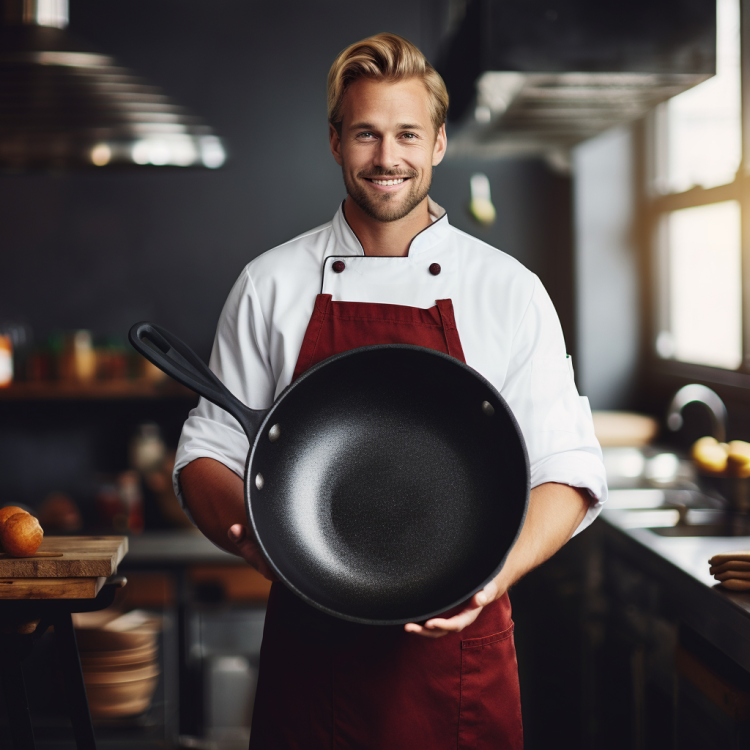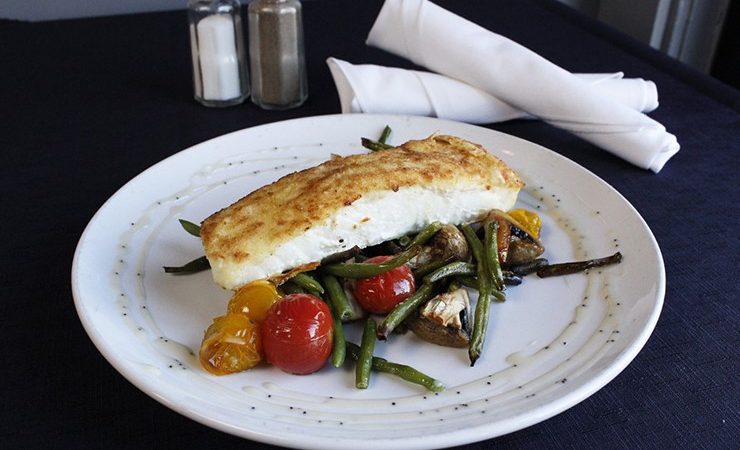Unveiling Culinary Excellence: The Ultimate Guide to Choosing the Best Cooking Ware Set

In the realm of culinary adventures, having the right tools can make all the difference. A well-equipped kitchen isn’t just about having the freshest ingredients; it’s also about investing in quality cooking ware. The market is flooded with options, making it challenging to discern the best from the rest. This article aims to be your compass in navigating the sea of choices, unveiling the secrets to finding the best cooking ware set that suits your culinary needs.
The Foundation: Materials Matter
The first consideration when selecting a cooking ware set is the material. The material not only affects the cooking performance but also determines the durability and ease of maintenance. Stainless steel, non-stick, cast iron, and copper are among the most popular choices.
- Stainless Steel: Renowned for its durability and resistance to rust, stainless steel is a staple in many kitchens. Cooking ware sets made of stainless steel offer even heat distribution, making them suitable for a variety of cooking methods. Look for sets with an aluminum or copper core to enhance heat conductivity.
- Non-Stick: Non-stick coatings, such as PTFE or ceramic, are valued for their ability to prevent food from sticking, making them easy to clean. However, it’s essential to choose high-quality non-stick surfaces that are PFOA-free for health safety. These sets are excellent for low-fat cooking and easy cleanup.
- Cast Iron: Cast iron is celebrated for its excellent heat retention and even heating. While it requires some maintenance to prevent rust, a well-seasoned cast iron cookware set can last a lifetime. Ideal for slow cooking and deep frying, cast iron adds a unique flavor profile to dishes.
- Copper: Copper cookware sets are revered for their rapid response to temperature changes, providing precise control over cooking. They also have an elegant aesthetic. However, maintaining copper requires regular polishing, and they are often lined with stainless steel or tin to prevent reactions with acidic foods.
Consideration of Cooking Styles:
The best cooking ware set should align with your preferred cooking styles and techniques. If you enjoy searing and achieving the perfect crust, a cast-iron skillet might be a crucial addition. On the other hand, if you’re into delicate dishes that demand precise temperature control, copper might be the ideal choice.
Versatility and Comprehensiveness:
A comprehensive cooking ware set covers a range of pots, pans, and utensils to cater to various cooking needs. Look for sets that include essentials like frying pans, saucepans, stockpots, and utensils like spatulas and ladles. Versatility is key, ensuring that each piece serves multiple purposes, reducing the clutter in your kitchen.
Brand Reputation and Reviews:
Before making a purchase, consider the reputation of the brand. Well-established brands often prioritize quality, innovation, and customer satisfaction. Reading customer reviews can provide valuable insights into the real-world performance of the cooking ware set you’re considering. Pay attention to reviews that discuss durability, heat distribution, and ease of cleaning.
Durability and Maintenance:
Investing in a cooking ware set is a long-term commitment, and durability should be a top priority. Consider how well the set can withstand daily use, including exposure to high heat and regular cleaning. Stainless steel and cast iron are known for their durability, while non-stick coatings may require more careful handling to prevent scratches.
Innovative Features:
As technology advances, cooking ware sets are incorporating innovative features to enhance the cooking experience. Some sets come with interchangeable lids, detachable handles for oven-to-table convenience, and ergonomic designs for comfortable handling. Assess these features based on your preferences and cooking habits.
Budget Considerations:
While quality is paramount, your budget is also a crucial factor. Cooking ware sets come in a wide range of price points. It’s possible to find excellent options at various price levels. Consider your budget and prioritize sets that offer the best value for your money in terms of quality, durability, and versatility.
Environmental Impact:
In an era where sustainability is a growing concern, consider the environmental impact of your cooking ware set. Opt for brands that prioritize eco-friendly practices in their manufacturing processes and materials. Some companies focus on recycled materials and ethical production methods, contributing to a more sustainable kitchen.
Conclusion:
Selecting the best cooking ware set is a personal journey that involves considering various factors, from material and versatility to brand reputation and budget. By understanding your cooking style and preferences, you can make an informed decision that transforms your kitchen into a culinary haven. Invest wisely, and your cooking ware set will become an indispensable partner on your gastronomic adventures, elevating your culinary creations to new heights.
- What materials are commonly used in cooking ware sets, and which is the best for me? Common materials include stainless steel, non-stick, cast iron, and copper. The best material depends on your cooking preferences; stainless steel offers durability, non-stick is easy to clean, cast iron provides excellent heat retention, and copper offers precise temperature control.
- How do I determine the right size and type of cooking ware set for my kitchen? Consider your cooking habits and the types of dishes you frequently prepare. A versatile set with a variety of pots and pans is ideal for different cooking styles.
- What is the significance of brand reputation when choosing a cooking ware set? Brand reputation is important as established brands often prioritize quality. Reading reviews and researching the brand’s commitment to customer satisfaction can guide your decision.
- Are there any health considerations with certain cooking ware materials? Yes, some materials, like non-stick coatings, may release harmful fumes at high temperatures. Ensure that non-stick surfaces are PFOA-free. Copper and aluminum may react with acidic foods, so they are often lined with other materials.
- How can I maintain the durability of my cooking ware set? Follow the manufacturer’s care instructions, avoid extreme temperature changes, and use suitable utensils to prevent scratches. Regular maintenance, like seasoning for cast iron, is essential.
- Are there any innovative features in modern cooking ware sets? Yes, many sets come with features such as interchangeable lids, detachable handles, and ergonomic designs. Consider these features based on your cooking habits and preferences.
- Is a higher price synonymous with better quality in cooking ware sets? Not necessarily. While price can indicate quality, there are excellent options available at various price points. Consider your budget and prioritize sets that offer the best value in terms of quality, durability, and features.
- How do I choose a set that aligns with my environmental values? Look for brands that prioritize sustainability in their manufacturing processes. Some companies use recycled materials and ethical production methods, contributing to a more environmentally friendly kitchen.
- Can I use my cooking ware set in the oven? Not all cooking ware sets are oven-safe. Check the manufacturer’s guidelines for each piece in the set to ensure they can be used in the oven at the desired temperature.
- What is the importance of even heat distribution in cooking ware sets? Even heat distribution ensures that food cooks uniformly, preventing hot spots that can lead to unevenly cooked dishes. Stainless steel and copper are known for their excellent heat conductivity.
- Are there any health benefits to using specific cooking ware materials? Cast iron, for example, can add a small amount of iron to your food, which can be beneficial for those with iron deficiencies. However, the health impact is generally minimal.
- Can I use metal utensils with all types of cooking ware sets? It’s best to check the manufacturer’s recommendations, as using metal utensils on non-stick surfaces can cause scratches. Stainless steel and cast iron are typically more tolerant of metal utensils.
Remember, the best cooking ware set for you depends on your individual preferences, cooking style, and budget. Take the time to research and consider your needs to make an informed decision.






